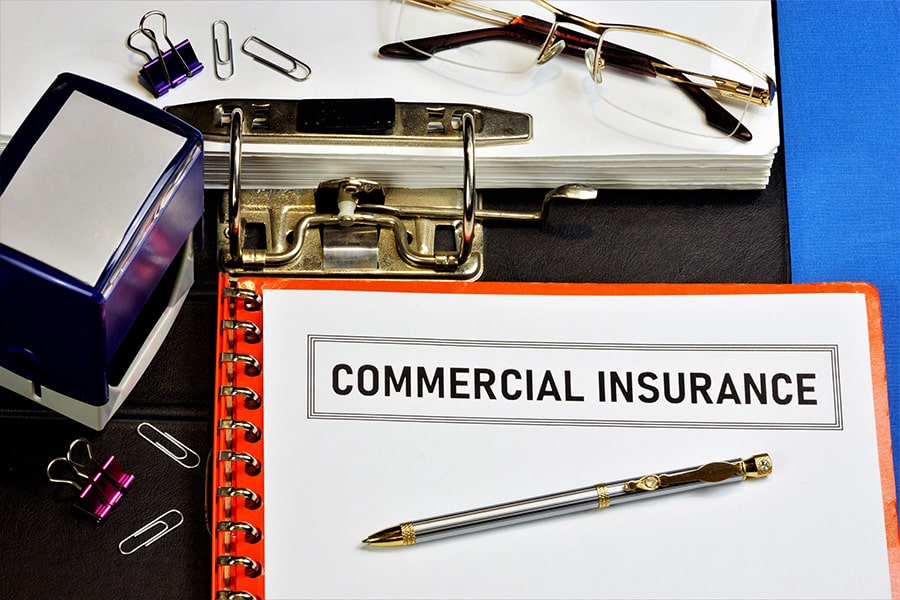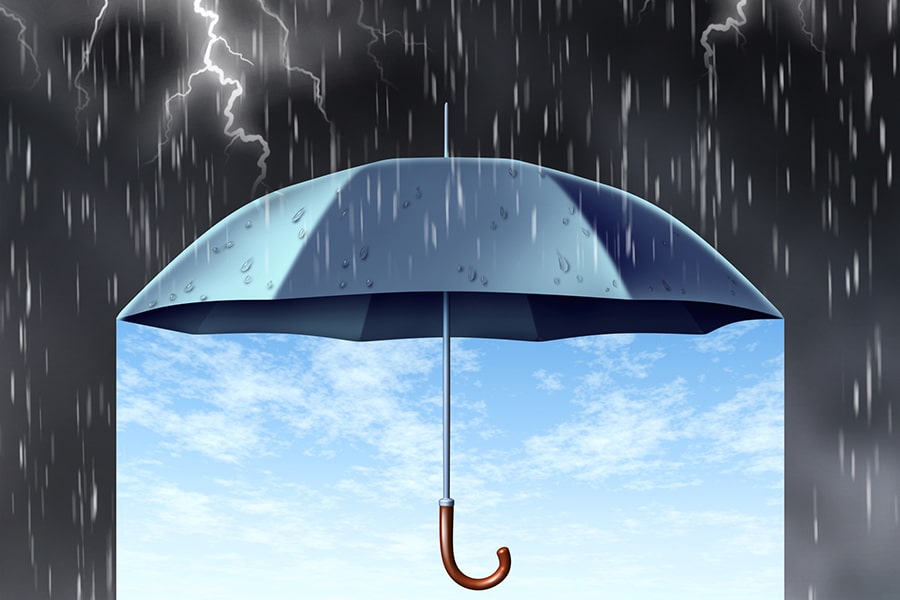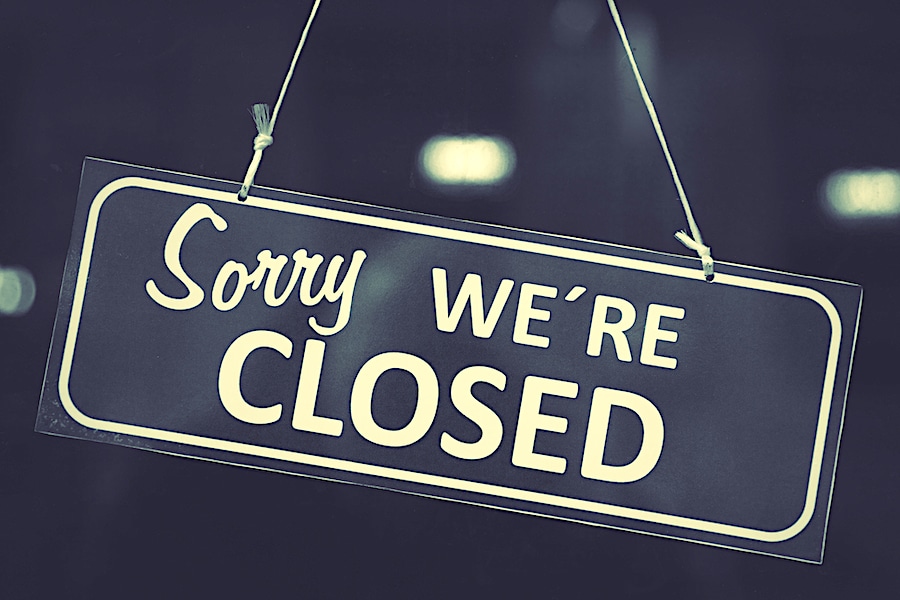Blog
The Different Types of Business Insurance
Insurance is necessary for businesses, big and small. However, the types of insurance your business may need will depend on […]
Recent
Why Casa Grande and Maricopa Drivers Are Paying More for Car Insurance—And How Gebhardt Insurance Group Can Help Lower Your Premium
As your hometown insurance agency serving Casa Grande and...
June 12, 2025Navigating Arizona Car Insurance: How to Choose the Right Coverage
When purchasing car insurance in Arizona, drivers have se...
May 22, 2025Business Insurance
 Auto Insurance, Business Insurance, Home Insurance, Insurance, Renters Insurance
Auto Insurance, Business Insurance, Home Insurance, Insurance, Renters InsuranceSummer in Casa Grande & Maricopa: Why Insurance Matters More Than Ever
April 10, 2025 Auto Insurance, Business Insurance, Home Insurance, Mobile Home Insurance, Motorboat Insurance, Motorcycle Insurance, Renters Insurance
Auto Insurance, Business Insurance, Home Insurance, Mobile Home Insurance, Motorboat Insurance, Motorcycle Insurance, Renters InsuranceStruggling to Find Specialized Coverage? Insurance Agents in Maricopa, AZ Have You Covered
January 21, 2025 Business Insurance, Home Insurance, Life Insurance
Business Insurance, Home Insurance, Life InsuranceTop 5 Reasons Casa Grande Residents Need Customized Insurance Coverage
December 16, 2024Recent
Why Casa Grande and Maricopa Drivers Are Paying More for Car Insurance—And How Gebhardt Insurance Group Can Help Lower Your Premium
As your hometown insurance agency serving Casa Grande and...
June 12, 2025Navigating Arizona Car Insurance: How to Choose the Right Coverage
When purchasing car insurance in Arizona, drivers have se...
May 22, 2025 Auto Insurance, Business Insurance, Home Insurance
Auto Insurance, Business Insurance, Home InsuranceAnswering Your Questions: What is Commercial Insurance?
August 28, 2023Stay in touch with us
And get a free quote!
 Business Insurance, Auto Insurance, Home Insurance, Insurance, Liability Insurance, Life Insurance
Business Insurance, Auto Insurance, Home Insurance, Insurance, Liability Insurance, Life InsuranceThe Different Types of Business Insurance
October 19, 2020 Business Insurance, Insurance
Business Insurance, Insurance








